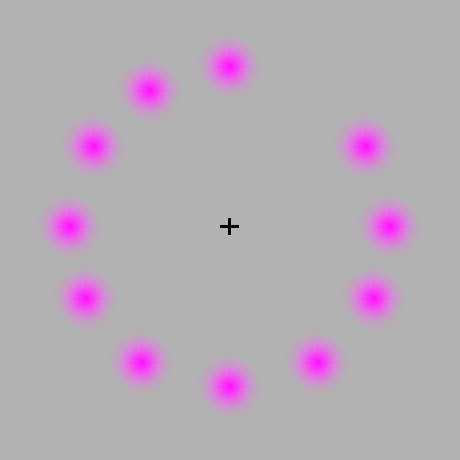My "standard" v1.5 install of Firefox began crashing without warning - so I installed Firefox 2 in the following manner:
Get Firefox
http://www.mozilla.com/en-US/firefox/
Untar the file in /opt
Copy your plugins:
$ cd /usr/lib/firefox/plugins
$ sudo cp * /opt/firefox/plugins/
Rename your old Firefox
$ cd /usr/bin/
:/usr/bin$ sudo cp firefox oldfirefox
:/usr/bin$ sudo rm firefox
Link your copy in /opt
:/usr/bin$ sudo ln -s /opt/firefox/firefox .
Done!
Monday, October 30, 2006
Tuesday, October 03, 2006
Monday, October 02, 2006
Large Scale Quantization
 Redshift differences of double galaxies show a peculiar "grouping" of values.
Redshift differences of double galaxies show a peculiar "grouping" of values.This large scale quantization has a few interpretations - including one that suggest the Earth must be the center of the universe.
This observation is important for a number of reasons, not the least of which is our presumption of a "big bang" theory. Sadly, these observations also show a misunderstanding of velocity and red shift observation (which also show a general trend for dim objects to be travelling faster than bright ones.)
My views on the subject are more pragmatic.
- Light from the universe observed on Earth has travelled through millions of miles of dust and debris. This material has an effect on our observation.
- Any theory that says the Earth is the center of the universe is wrong. We simply are not that important.
 The implications of this observation are that everything we see in the universe is filtered through the rose colored glasses of material that lies between us and that object. This calls into question almost everything we hold has constant in astronomical observation.
The implications of this observation are that everything we see in the universe is filtered through the rose colored glasses of material that lies between us and that object. This calls into question almost everything we hold has constant in astronomical observation.So, if the universe is not really expanding - but only looks like it is - what impact does this have on our ability to make statements about the age of the universe, evolution and age of objects, and even localized regions of space?
My last statement is even more profound;
- Dim objects are farther away, or just obscured by dust
Sunday, October 01, 2006
My favorite visual demonstration
Subscribe to:
Comments (Atom)

